6 April 2025
Technology is changing every aspect of our lives, and real estate is no exception. As cities become more connected and data-driven, the concept of smart cities is gaining traction. But what does this mean for the future of real estate? How will smart technology impact property values, infrastructure, and the way we live? Let’s dive into the fascinating world of smart cities and how they are reshaping the real estate industry. 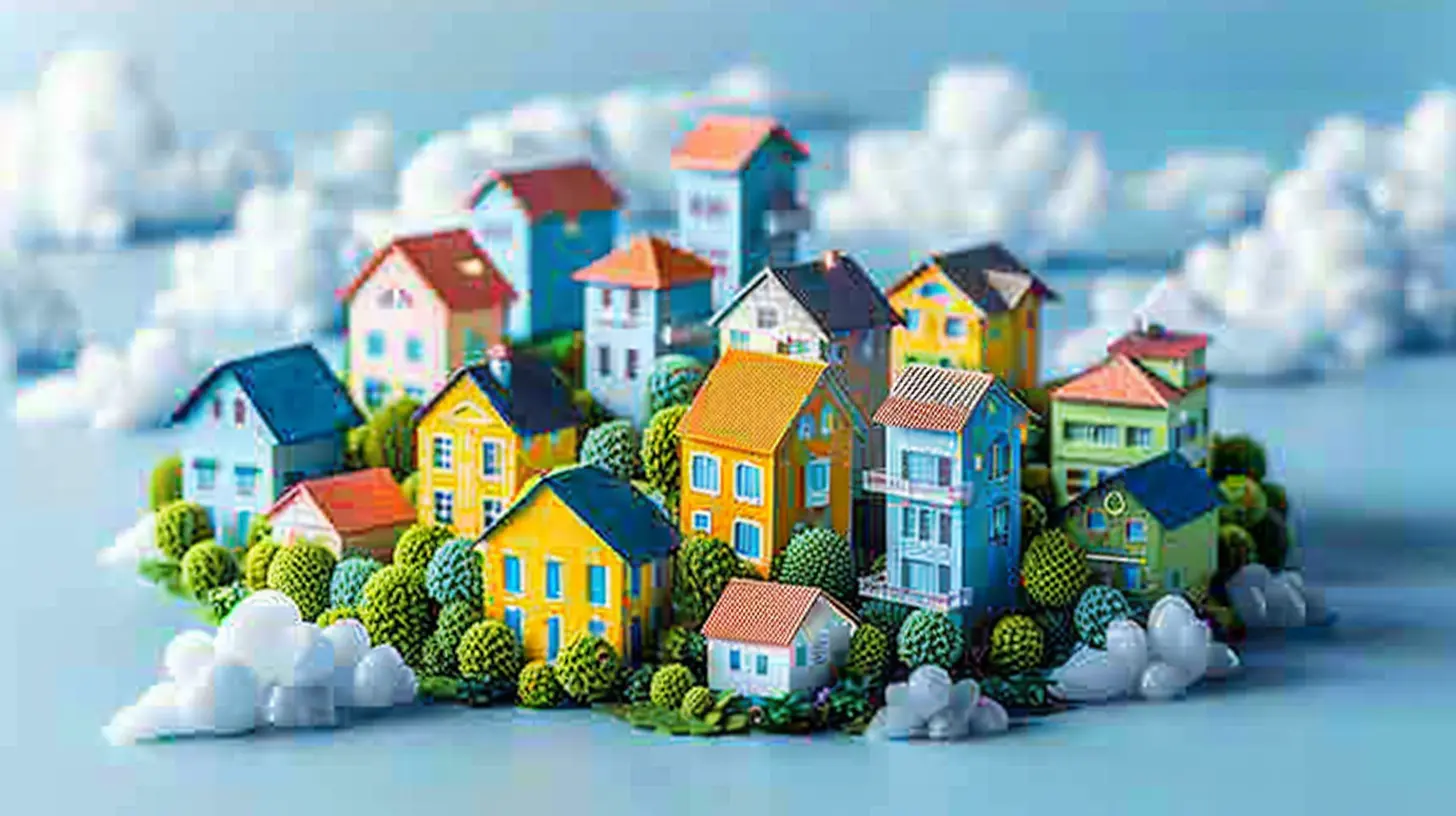
What Is a Smart City?
Before we get into the impact on real estate, let’s break down what a smart city actually is. A smart city uses technology, data, and digital solutions to improve infrastructure, optimize resources, and enhance the quality of life for its residents. Think of it as a city that "thinks" and "adapts" in real-time to make life easier and more efficient.From AI-powered traffic management to energy-efficient buildings, smart cities leverage innovation to create a better living environment. But how exactly does this affect real estate? Let's find out. 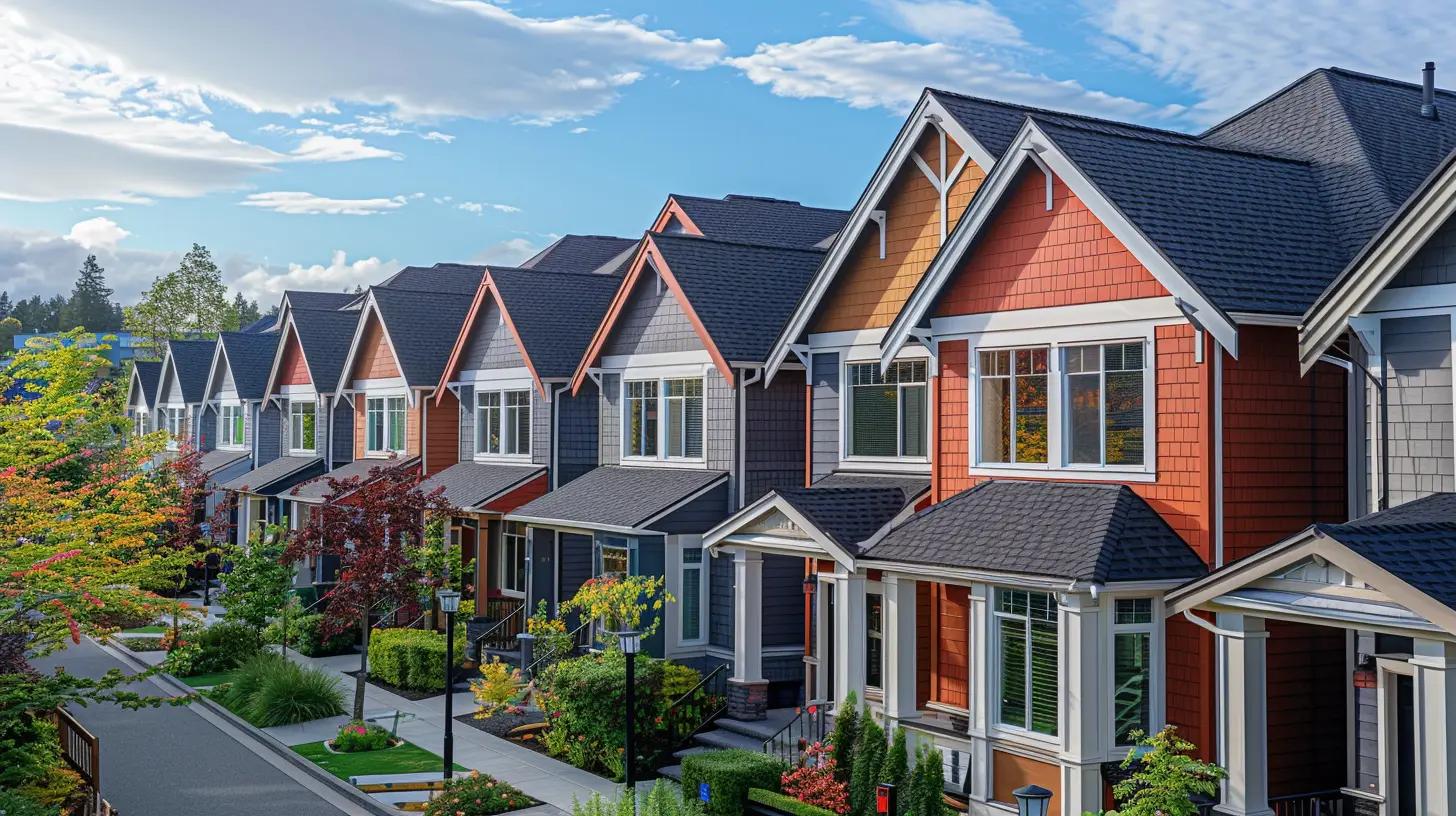
How Smart Cities Are Transforming Real Estate
1. Smart Infrastructure Boosts Property Values
One of the biggest ways smart cities are shaping the future of real estate is through smart infrastructure. Better transportation, high-speed internet, and advanced public services make locations more desirable. The more accessible and tech-friendly a neighborhood is, the higher its property value climbs.Picture this: A home with outdated infrastructure versus one integrated into a smart city with automated traffic lights, intelligent waste management, and real-time air quality monitoring. Which one would you prefer? Buyers and investors are increasingly leaning towards properties in high-tech, well-connected areas.
2. Sustainability and Green Buildings
Environmental concerns are driving real estate trends, and smart cities are at the forefront of sustainability. Smart buildings are designed to minimize waste, reduce energy consumption, and operate efficiently. Features like solar panels, smart lighting, and energy-efficient appliances are becoming the norm.What does this mean for real estate? Properties with green certifications (like LEED or BREEAM) are not only in higher demand but also command premium prices. Developers are focusing on sustainable construction, and buyers are willing to pay extra for energy-efficient homes.
3. Improved Quality of Life Attracts Buyers
People want to live in places that make life easier and more enjoyable. Smart cities prioritize convenience, using technology to enhance public safety, healthcare, and daily commuting.For example, with smart traffic systems, congestion is reduced, meaning less time stuck in traffic and more time enjoying life. Smart cities also integrate AI-driven security systems, offering residents peace of mind. This improved quality of life makes real estate in these areas more attractive to both buyers and renters.
4. The Rise of Smart Homes
The concept of smart cities goes hand-in-hand with smart homes. Homebuyers are increasingly looking for properties with IoT-enabled devices, voice-controlled assistants, and automation features.Imagine controlling your lights, security cameras, and even your coffee maker with just your voice or smartphone. That’s not the future—it’s happening now. Smart homes provide convenience, security, and energy efficiency, making them a hot commodity in real estate markets within smart cities.
5. Real Estate Investment Shifts Towards Technology-Driven Areas
Investors are always looking for the next big thing, and smart cities are proving to be a goldmine. Properties in tech-driven urban areas see higher appreciation rates and lower vacancy rates due to increased demand.Think about cities like Singapore, Dubai, and Amsterdam—these places are investing heavily in smart city technology, and their real estate markets are thriving as a result. The smarter the city, the more attractive it becomes for investors. 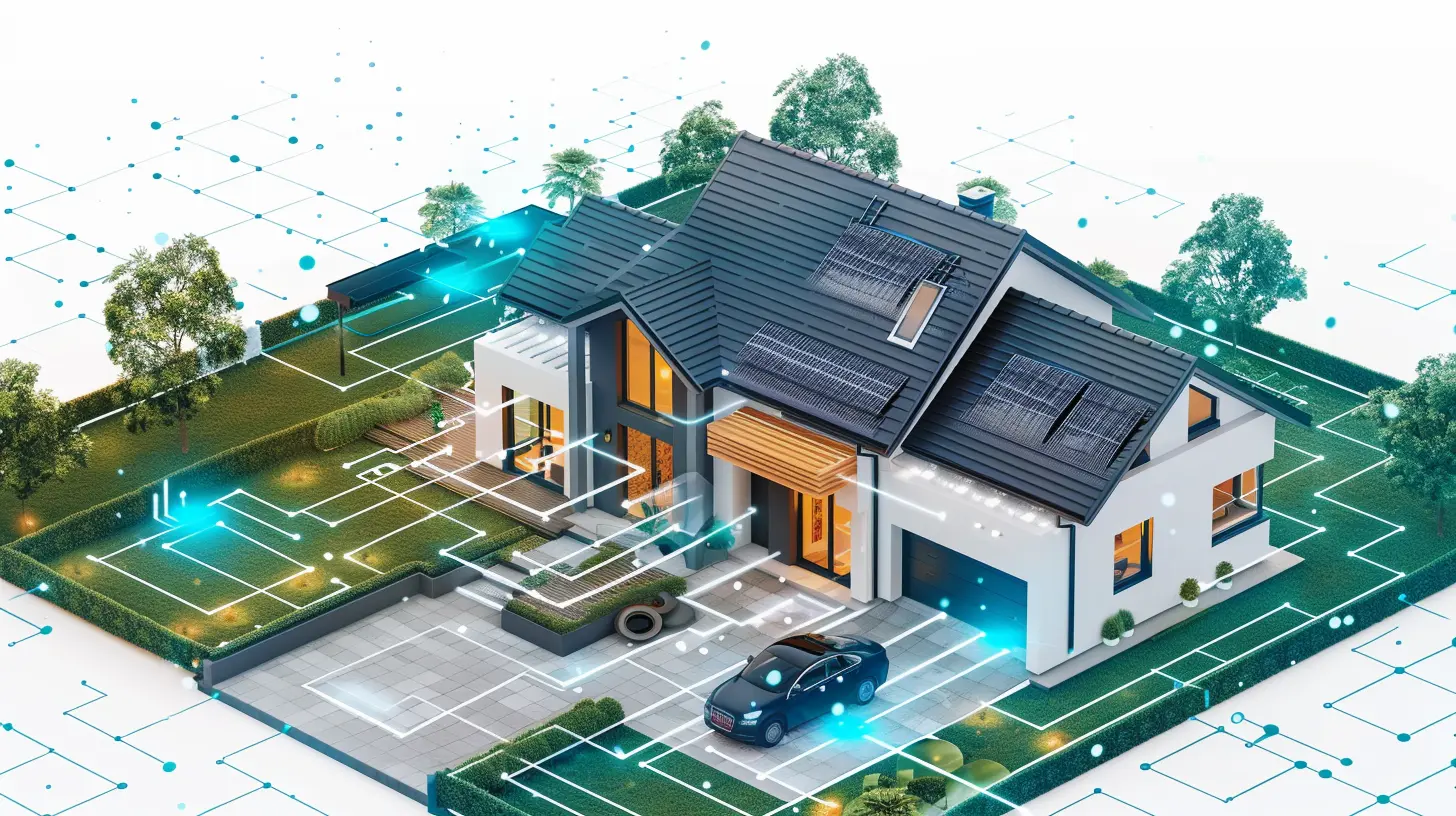
Challenges Facing Real Estate in Smart Cities
While smart cities bring plenty of opportunities, they also come with challenges for real estate professionals.1. High Costs of Smart Infrastructure
Building and maintaining smart cities requires huge investments in technology and infrastructure. This cost is often passed down to developers, which can lead to higher property prices.2. Digital Security Concerns
With smart cities relying heavily on data collection and AI-driven systems, cybersecurity is a major concern. Homeowners and investors need assurance that their data and smart home devices are secure from cyber threats.3. Adaptation and Technological Shifts
Not all cities can transition into smart cities overnight. Traditional real estate markets may struggle to keep pace with rapid technological advancements, creating a divide between smart and non-smart cities.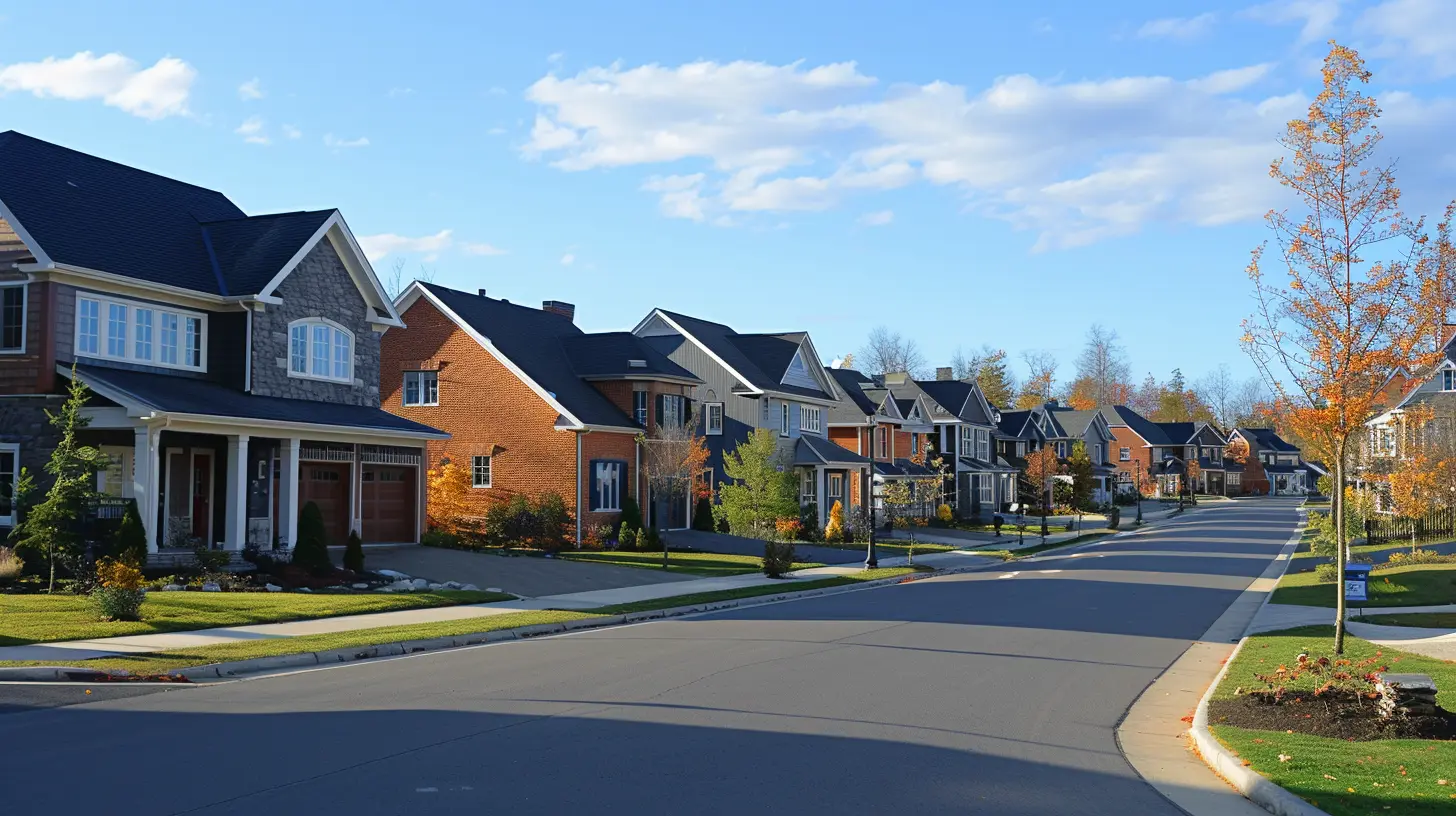
The Future of Real Estate in Smart Cities
It’s clear that smart cities are not just a passing trend—they are the future of urban living. As technology continues to evolve, real estate will need to adapt to meet the needs of tech-savvy buyers and investors.If you're a homebuyer, looking for properties in smart cities could be a wise investment for the future. If you're an investor, focusing on tech-driven real estate developments can offer profitable opportunities.
One thing is certain: The way we buy, sell, and live in real estate is being revolutionized by smart technology. The smarter the city, the smarter our real estate decisions will have to be. Are you ready for the change?
Final Thoughts
Smart cities are here, and they’re transforming real estate in exciting ways. From higher property values to improved quality of life, technology is making homes smarter, cities more efficient, and investments more profitable.If you’re thinking about buying or investing in real estate, consider how smart city technology is shaping the market. The future is digital, and real estate is no exception.

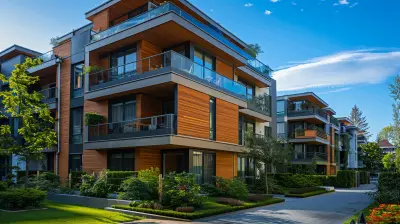
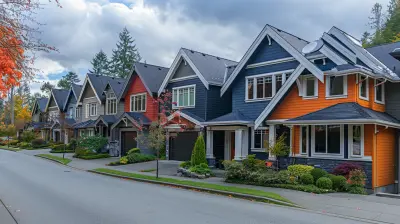



Kassandra Kelly
In the shadows of urban innovation, smart cities weave an enigmatic tapestry of opportunity. As technology intertwines with real estate, new dimensions of living await revelation. Will the allure of connectivity unlock hidden potentials, or will it enshroud us in unforeseen challenges? The future beckons with both promise and mystery.
April 21, 2025 at 12:07 PM